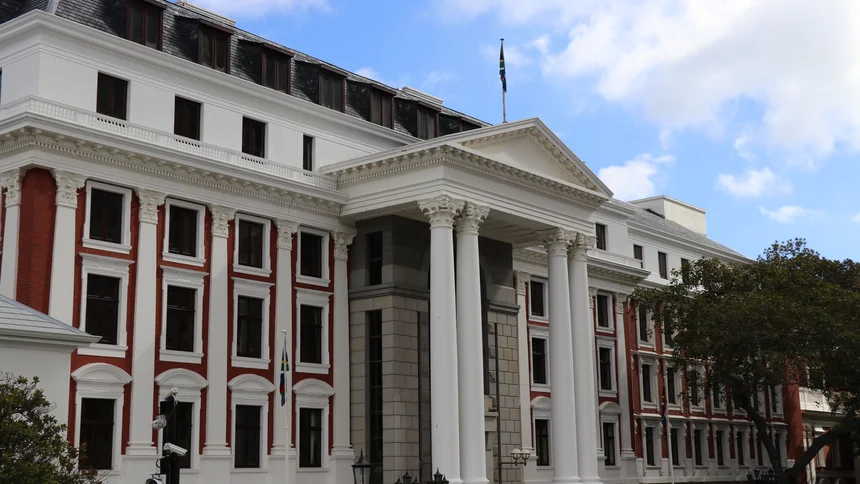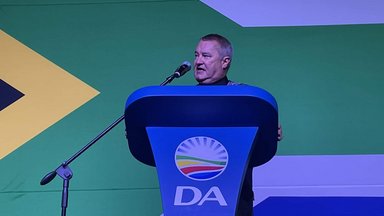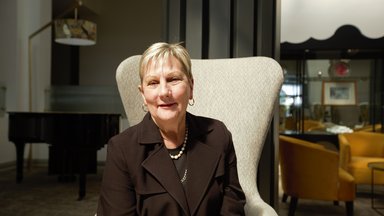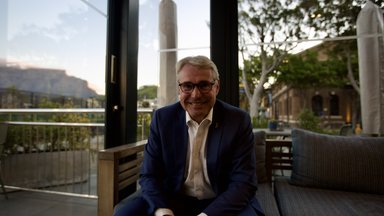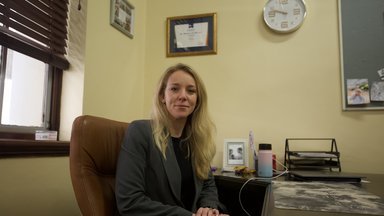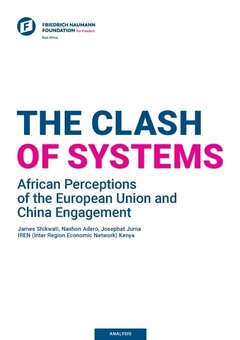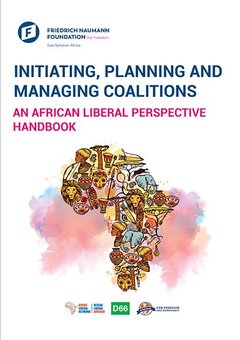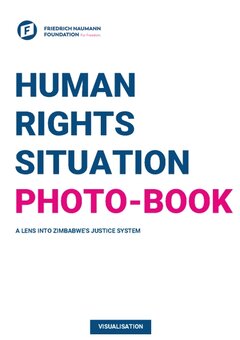Cape Town / Johannesburg, South Africa
The Foundation's work in South Africa focuses on strengthening the rule of law, liberal democracy, and a social market economy. We support civil society organisations, think tanks, research institutions, and liberal-minded decision-makers in both the economy and society.
In Cape Town, the seat of the parliament, the foundation cooperates with the Democratic Alliance members of national and provincial parliaments, local government councillors, youth movements, and their support structures to strengthen leadership and improve their policy solutions. Through its work, FNF strengthens the rule of law, fosters an open society, and promotes sustainable development in South Africa.
News
-
Young voices in parliament
South Africa is grappling with a severe unemployment crisis, particularly among young people, with over 40% of youth unable to find jobs. In response, the Democratic Alliance (DA) has implemented policies aimed at job creation, particularly in the Western Cape where it governs, and more recently through the Government of National Unity (GNU). These efforts reflect the DA’s commitment to addressing youth unemployment through economic growth and opportunity. William Sezoe had the chance to sit down with three dynamic young members of the National Parliament to explore their vision, strategies, and plans to champion the needs and aspirations of South Africa’s youth.
-
Principle before Politics for KZN MEC
When Francois Rodgers assumed his role as KwaZulu-Natal’s new MEC for Finance, he faced numerous challenges, from addressing wasteful expenditure to combating entrenched corruption. Determined to bring change to a province long troubled by mismanagement, Rodgers transitioned from years on the opposition benches to a key government position. Known for his humility and focus, he prioritises transparency and fiscal discipline in governance, playing a pivotal role in the unprecedented coalition government formed after the May 2024 elections. -
Breaking barriers at the Falling Walls science summit in Berlin
This year marks the 35th anniversary of the fall of the Berlin Wall in 1989, a pivotal moment in history that not only unified Germany but also marked the beginning of the end of the Cold War. In 2009, Falling Walls convened its first conference, establishing a global platform to foster collaboration among the world’s leading innovators in science and society. Since then, the summit has grown exponentially, creating a vast network of labs that support groundbreaking talent across various fields.
-
Crime on the Cape Flats: WC minister has a plan
Crime in the Western Cape Province, especially on the Cape Flats in Cape Town, has become an increasing concern for community members, including politicians. Following the May 2024 election, the Democratic Alliance’s (DA) Anroux Marais was appointed Provincial Minister for Police Oversight and Community Safety in the province. She previously served as WC Minister for Arts, Sport, and Culture. Leaving her previous ministry was not easy, but she is ready for the new challenge, Marais says.
-
Review of the first 100 Days of the Government of National Unity
For the first time in 25 years, South Africa is governed by a coalition, with the African National Congress (ANC) holding 159 seats and the Democratic Alliance (DA) with 87 seats. The first 100 days have shown both opportunities and challenges. While the coalition has brought political stability, boosting investor confidence and strengthening the rand by 5.8%, it faces significant hurdles. Key issues like energy, infrastructure, and logistics reform remain unresolved.
-
"You must understand your political competitor"
With South Africa being in a Government of National Unity (GNU), or essentially a coalition government, German Member of Parliament Carl-Julius Cronenberg from the Free Democratic Party (FDP) believes that much can be learned from Germany.
Cronenberg visited South Africa for the first time last week, where he engaged with various stakeholders, including the German Embassy and Democratic Alliance (DA) Members of the South African Parliament. He spent a few days in Johannesburg, where coalitions are unstable, and a few days in the best-run metropolitan city in the country, Cape Town. -
“I want education to get back to basics”
Politics is a bumpy and sometimes uncertain road. The story of Ciska Jordaan is a testament to this. Following the May 2024 elections Jordaan was elected as a Member of Parliament and now serves as a member of the Basic Education Portfolio Committee.
However, her journey into politics began much earlier. During her days at the University of Pretoria, she noted how active student politics was, but at the time, she had no interest.
Social Media
Focus
Most popular
-
A Controversial President on a Winning Streak
Croatia -
AI in the super election year - revolution or familiar threat in a new guise?
Artificial Intelligence -
China in Central Asia. Cooperation Dimensions and Implications
Politik International -
"Human rights and democracy are deeply interconnected"
Liberale Menschenrechtsarbeit 2024
